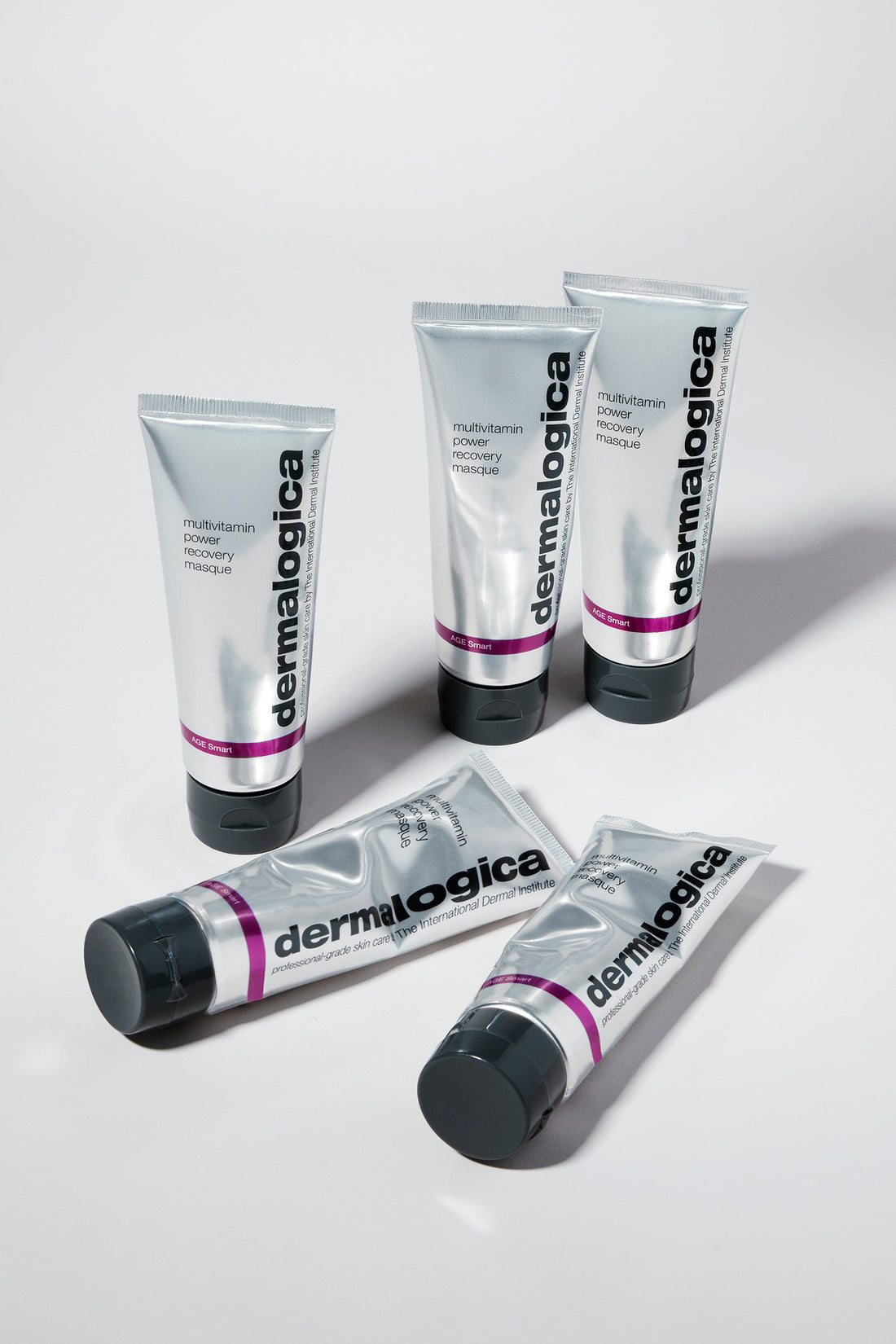
Use these professional tips to prep your skin for maximum results.
Not sure whether your face masque is worth that extra 10 minutes? Make sure you're applying it correctly for the best results. Before you begin, check that you are using a formula designed for your skin condition. You might be surprised how often people with dry skin use masques designed for oily skin, and vice versa.
Once you have your ideal masque in hand, follow these simple steps to receive everything your masque has to offer:
1. Double Cleanse. Masques work best on clean skin. However, one quick wash may not cut through the excess sebum (oil) and product residue that can block the effectiveness of your masque.
The Dermalogica Double Cleanse dissolves layers of oily debris first, then rinses away remaining impurities for a professional level of clean.
2. Exfoliate. Slough away any dead, dulling skin cells that may lurk after you cleanse. This helps further enhance penetration of ingredients in your masque and promote smoother skin.
3. Masque. Generously slather on your masque – don't be shy! Leave the formula on for as long as your skin therapist, or the directions, recommends.
4. Tone. Ensure all masque residue is wiped away from your skin, then mist a hydrating Dermalogica Toner over skin to further restore moisture.
5. Moisturize. Vital to every regimen and an integral post-masque step, moisturizing helps seal in skin care benefits and combat surface dehydration, which can weaken your skin's natural barrier.
expert tip! To strategically treat multiple skin concerns at once, combine
multiple masques with our exclusive Face Masquing technique.
Generally, masques are recommended at least once a week to keep skin looking healthy and glowing at all times, but some masques can be worn up to four times a week – or whenever your skin needs rescuing.
Ask your Dermalogica skin therapist for a customized recommendation on which masque you should use, and how often you should use it.


